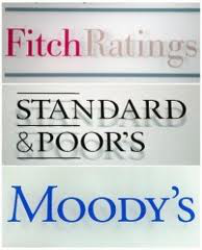Updated: Sept. 17, 2012 (Initial publication: Sept. 17, 2012)
Breaking news

Updated: Sept. 10, 2012 (Initial publication: Sept. 5, 2012)
Breaking news

Updated: July 16, 2012 (Initial publication: July 16, 2012)
Contributions

Updated: July 9, 2012 (Initial publication: July 1, 2012)
Breaking news

Updated: July 2, 2012 (Initial publication: June 25, 2012)
Breaking news

Updated: June 12, 2012 (Initial publication: June 5, 2012)
Breaking news

